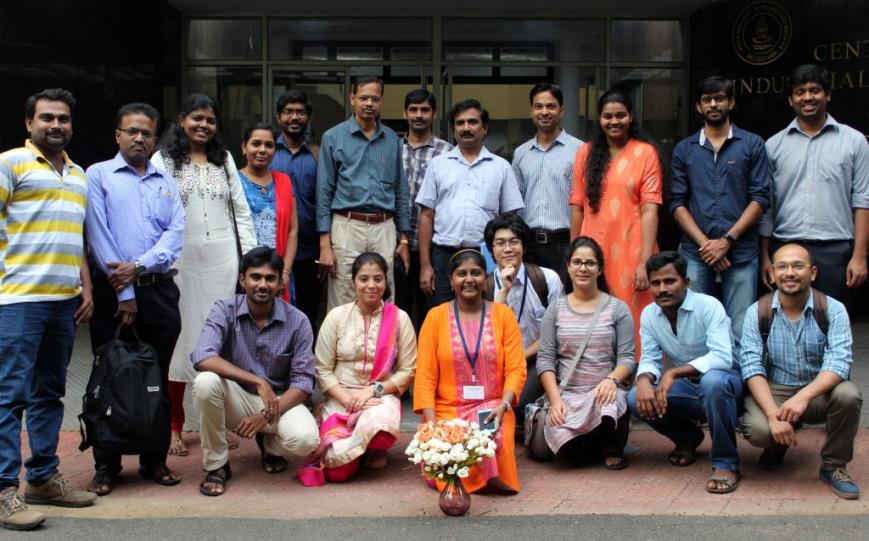
HuVarbase: for comprehensive data and deciphering diseases
- M Michael Gromiha Department of Biotechnology
Proteins are large and complex molecules, which perform a vast array of functions. They are one of the four molecules of life. There are a lot of varieties of proteins present in the human body, ensuring survival and health. Useful data about these proteins are collected and stored in multiple databases, and these data are used by scientists and clinicians to understand and fight diseases. However, as there are a number of databases with different scopes, the data is widely scattered without much uniformity in structure.
Diseases and heritable disorders like cancer and diabetes are linked to mutations in proteins. Mutations are the change in the sequence of proteins. In clinical setups, a patient’s sequence data can be used to identify the presence of one particular mutation, which provides a prognosis, and predicts outcomes for particular modes of treatment. For a sophisticated analysis, we require algorithms that are advanced and precise. Real Money Rummyers and clinicians who are working towards customized medicines are currently creating such databases for use in predictive algorithms and other large-scale analyses. While there are a number of relevant databases available, they usually do not provide additional details, such as how the mutation affects the protein.
Prof Michael Gromiha and his team at New Rummy have created several such databases: MutHTP for disease-causing mutations in transmembrane proteins (proteins located in the membrane), the mutational effects on protein aggregation (CPAD), protein stability (ProTherm) and binding affinity of protein-protein complexes (PROXiMATE). HuVarBase is one of the newest resources created by the team, which contains data on mutations in human proteins with comprehensive information at genes and proteins.






